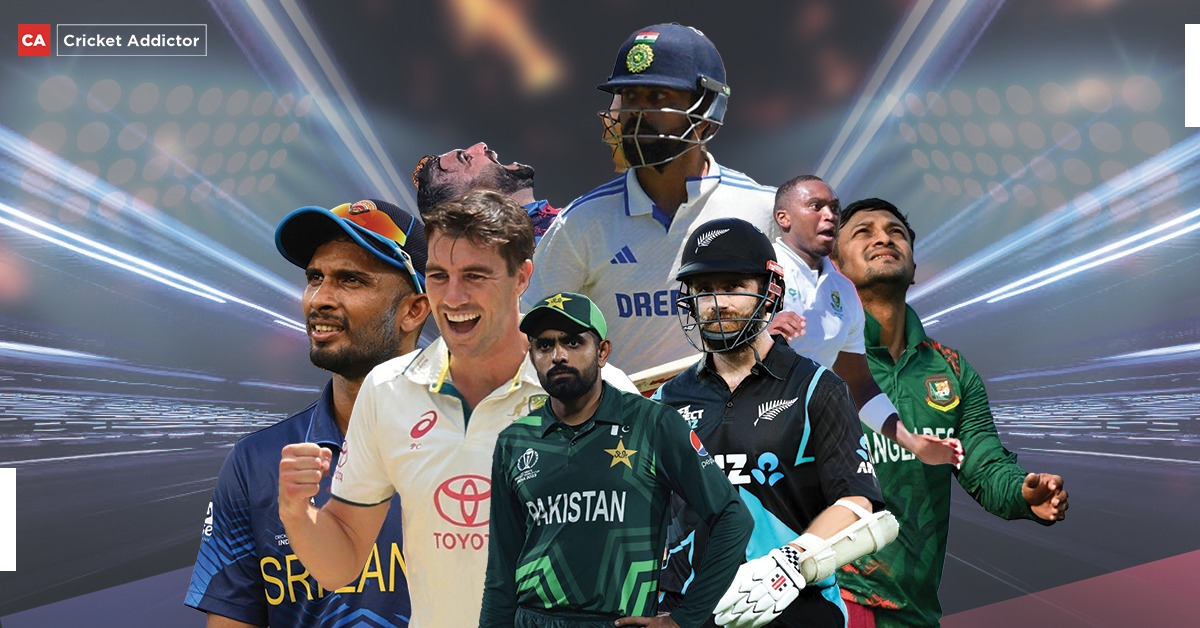Hope KL Rahul Continues To Bat At No.5 Slot: Virender Sehwag
Published - 21 Jan 2020, 01:57 AM | Updated - 23 Aug 2024, 12:03 AM

Lokesh Rahul impressed with both bat and wicketkeeping gloves in the recently-concluded three-match ODI series against Australia. With the bat, he played crunch knocks of 47 and 80 in the first two matches before falling for 19 in the third ODI. However, behind the stumps, he rarely made a mistake and also effected a superb stumping to get rid of Aaron Finch in the second ODI.
It seems like the team-management is contemplating the idea of making KL Rahul the permanent wicketkeeper-batsman of the team rather than Rishabh Pant. Speaking after the series win over Australia, Indian skipper Virat Kohli said that KL Rahul provides a better balance to the team when he takes the role of the wicketkeeper-batsman.

The Indian captain also recalled how Sourav Ganguly-led Indian team effectively used Rahul Dravid as a wicketkeeper. Kohli added saying that KL Rahul donning the gloves allows the team to include an extra specialist batsman in the team. Virat Kohli also hinted that the team-management prefers KL Rahul to keep the wickets.
Meanwhile, former opener Virender Sehwag reckons that Indian team management may not continue giving chances to KL Rahul at number five in T20s if he fails a few times. “If KL Rahul fails four times batting at No.5, the current Indian team management will look to change his slot. However, same wasn’t the case with Dhoni, who knew how important it is to back players at such positions, having himself gone through the hard grind,” Virender Sehwag told Cricbuzz.

There was greater clarity about team selection when MS Dhoni was the captain
Sehwag conceded that there was greater clarity about the Indian team selection when Dhoni was the captain.
“With MS Dhoni as captain, there was greater clarity with regards to each player’s position in the batting unit. He had an eye for talent and had identified individuals who would take Indian cricket forward,” Sehwag added.
Sehwag believes that top-order batsmen have more chances of being successful in the ODI format while adding that the middle-order requires backing from the team management. “With the top-order finding it easier for a while in limited-overs cricket, it is those in the middle-order who need backing from a captain,” he added.
“If you don’t give players time, how else will they learn and become big players. I myself batted in the middle-order before opening and made a lot of mistakes, which even resulted in the team’s losses. But you don’t become a big player sitting outside on the bench. Players need time,” he stated.
Read More: KL Rahul Is A Better Wicket-Keeper Than Rahul Dravid: Aakash Chopra
About the Author

This author is a member of Cricketaddictor who writes news and analysis related to cricket.












